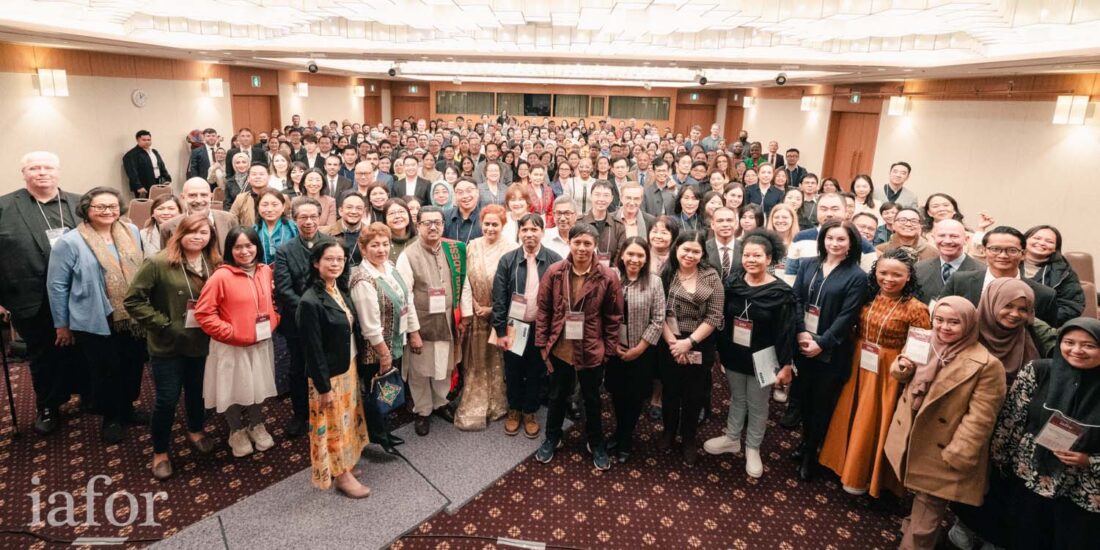From November 22-25, 2023, scholars and professionals convened at the Toshi Center Hotel in Tokyo for The 15th Asian Conference on Education (ACE2023). We extend our heartfelt thanks to all the distinguished speakers, esteemed delegates, and tireless contributors who made this event a resounding success.
This event with the IAFOR Research Centre at the Osaka School of International Public Policy (OSIPP) at Osaka University exemplifies IAFOR’s internationalising mission, bringing together more than 750 delegates from 65 countries.
The conference was launched with an enlightening welcome address by Dr Joseph Haldane, Chairman & CEO of IAFOR.
Dr Haldane was joined by Dr Grant Black from Chuo University, who passionately detailed The Asian Undergraduate Research Symposium (AURS), which was being held in tandem with ACE2023. To conclude the morning plenary session, delegates were encouraged to engage in intellectual exchange with the other participants in an open networking event.
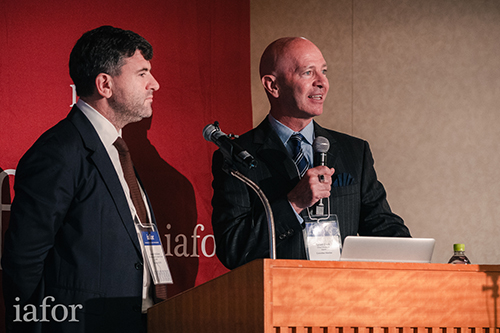
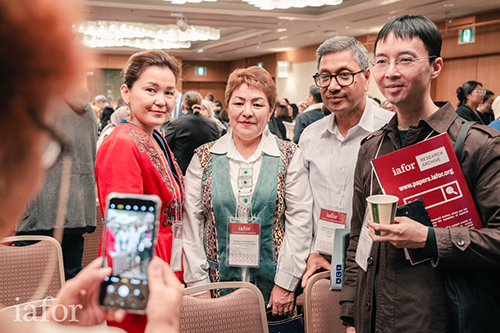
As a keynote speaker, Lowell Sheppard of Never Too Late Academy in Japan captivated the audience with vibrant tales of his life at sea. His narrative, shared through anecdotes and practical strategies, aimed to inspire educators, learners, and digital nomads, highlighting the notion that learning is a perpetual force enabling personal growth and adaptation in an evolving world. This discussion also aligns with the release of his latest book, "Dare to Dream", and complements an upcoming History Channel series sharing the same name, showcasing a four-step plan for life redesign.
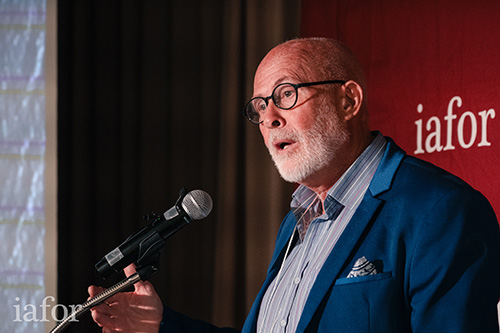
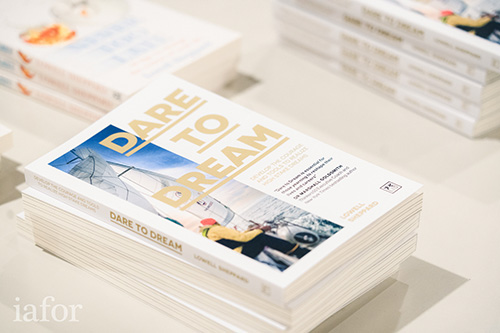
Lowell Sheppard was followed by a panel presentation consisting of Rachel Chan from Esperanza HK, Joseph Haldane, Chairman & CEO of IAFOR; Michael Klemm from Singapore Education Network & EdTech Marketplace, and Mike Michalec, founder of EdTech Asia.
The first panel presentation focused on fostering collaboration among diverse education stakeholders in Asia, aiming to bridge gaps and create meaningful connections between school leadership, teachers, tech providers, funders, and researchers. The panel emphasised the value of understanding perspectives, learning from failures, and collectively addressing challenges, hoping to inspire active engagement and innovative collaboration for advancing education in the region.
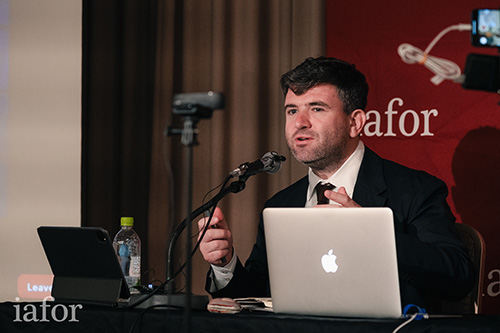
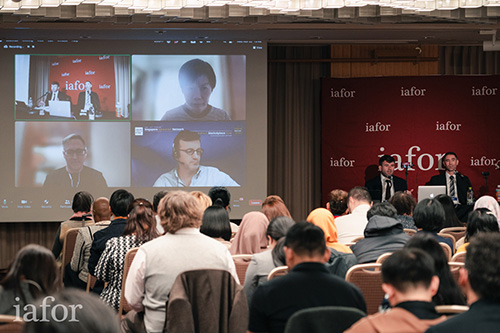
Plenary day concluded with a featured presentation by Murielle El Hajj Nahas, Assistant Professor at Lusail University; Sean McMinn, Director of the Center for Education Innovation at The Hong Kong University of Science and Technology (HKUST); Justin Sanders, Senior Academic Program Manager for the Minerva Project, and Tati D. Wardi, Head of the Master of Education programme at the Universitas Islam Internasional Indonesia (UIII).
The hybrid panel highlighted the transformative impact of AI, particularly ChatGPT, in education, emphasising its potential to personalise learning experiences, streamline administrative tasks, and create more inclusive educational systems. The session also stressed the necessity of addressing ethical concerns while showcasing examples of successful AI integration in educational institutions, envisioning a future where ChatGPT serves as a nurturing virtual tutor, catering to individual student needs and reshaping educational paradigms for more engaging learning environments.
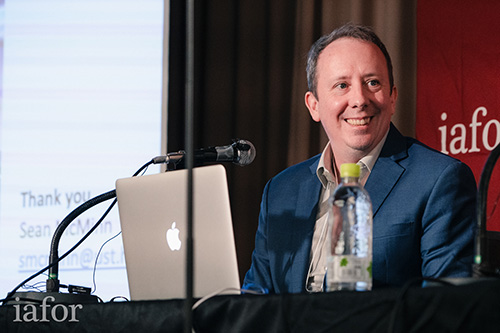
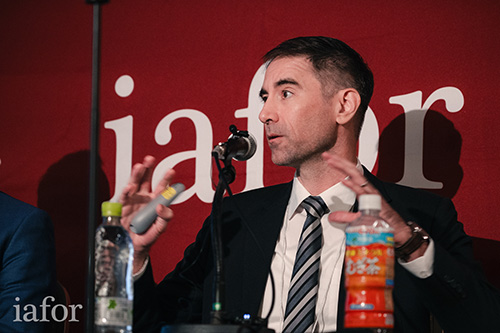
While this ended the plenary presentations, the programme continued on with several special seminar sessions headed by James W. McNally, the director of the NACDA Program on Aging; Sela V. Panapasa from the University of Michigan, and Grant Black, a professor in the Faculty of Commerce at Chuo University.
In their joint session, Dr McNally and Dr Panapasa educated participants on the art of grant application writing. Following up on his opening remarks, Dr Black also held a session to introduce attending professors to the Asian Undergraduate Research Symposium (AURS) and explain how they can get their students involved.
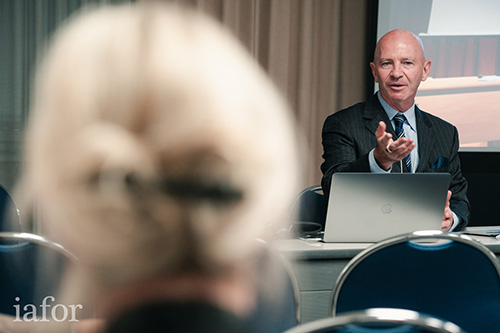
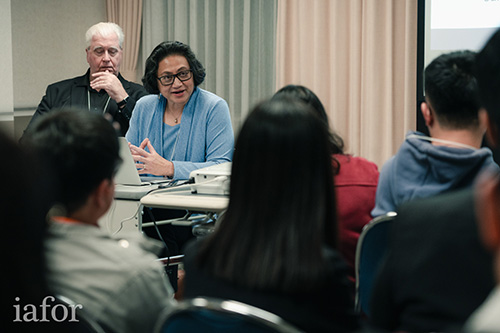
The fully packed day was finally brought to a close with an energetic poster session, where delegates from around the world came together to share their experiences and research.
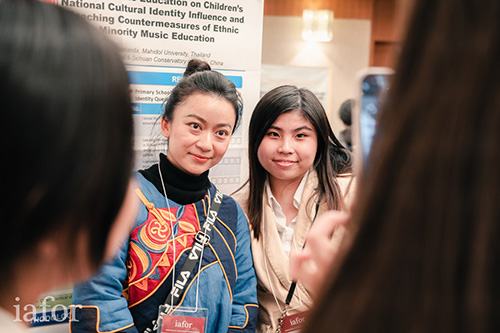
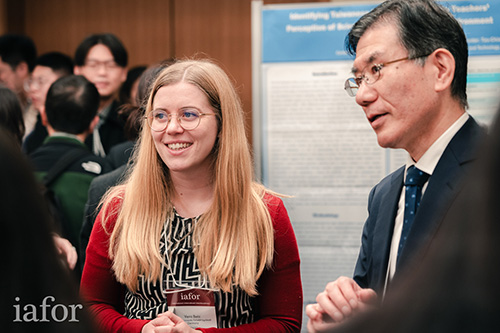
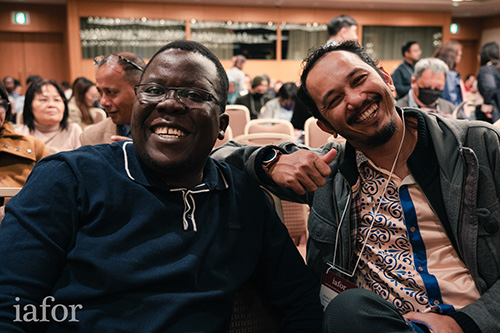
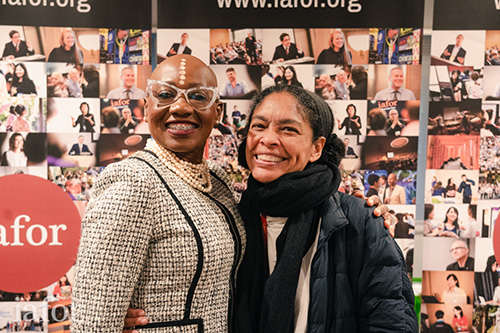
Days two and three were parallel presentation days held at the Toshi Center Hotel, before day four was held entirely online. Embracing the spirit of a hybrid conference, online day also featured a panel consisting of Susie Kung of Manukau Institute of Technology, Mary Moeke from Manukau Institute of Technology, and Yvonne Ualesi from Auckland University of Technology (AUT). This online panel focused on the advocacy for equitable opportunities for success in tertiary education.
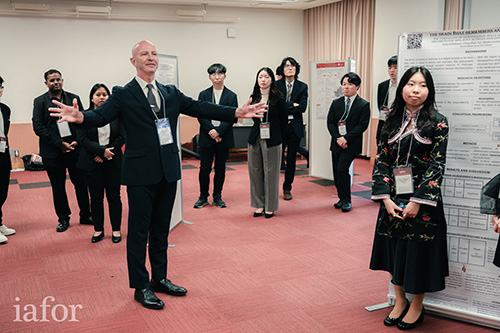
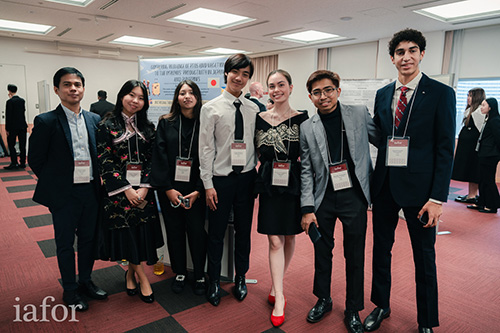
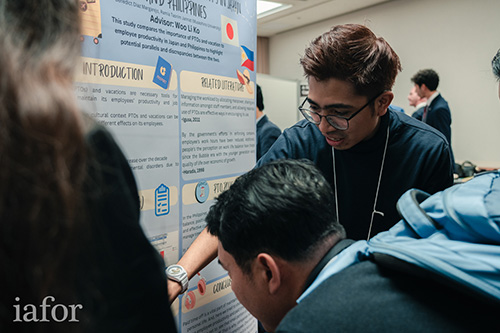
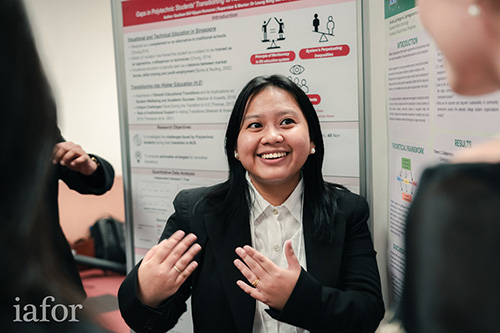
Alongside ACE2023, The Asian Undergraduate Research Symposium (AURS11) held its poster session on the second day of the conference. After a short informative session from Dr Haldane and Dr Black, the undergraduate students were excited to present their research to the academic professionals attending the conference, receiving valuable feedback in the process.
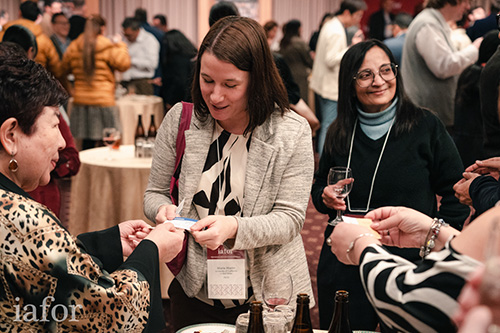
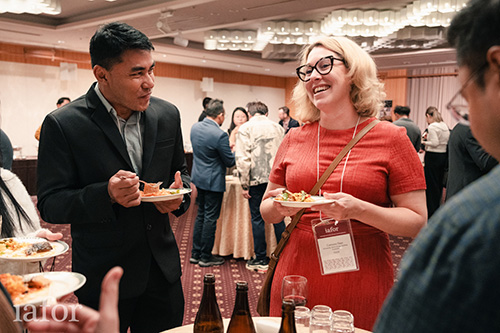
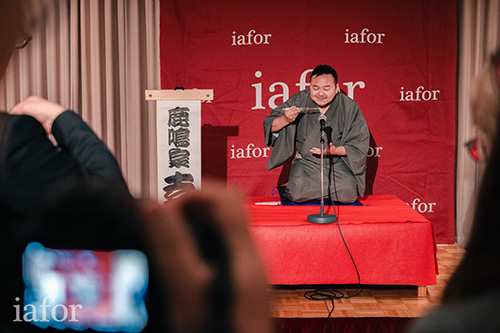
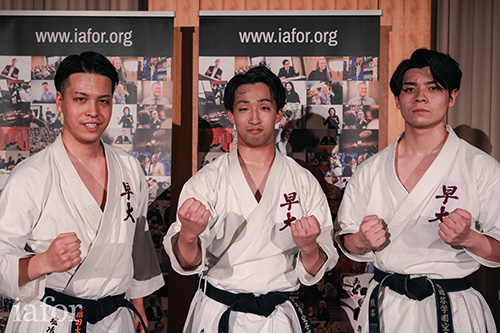
While formal presentations are the backbone of IAFOR conferences, the value of informal, yet intellectual, interaction among peers is not overlooked. This was exemplified by the first IAFOR Gala Dinner, where delegates were invited to network with the plenary speakers, conference organisers, and other professionals. The dinner also included two cultural presentations from the English Rakugo Association and the karate club at Waseda University.
As we look towards future events, we are grateful to the speakers, participants, and Conference Programme Committee for their commitment and contributions. For those who missed out, online catch-up options and high-quality recordings of plenary presentations are available on the conference website.

